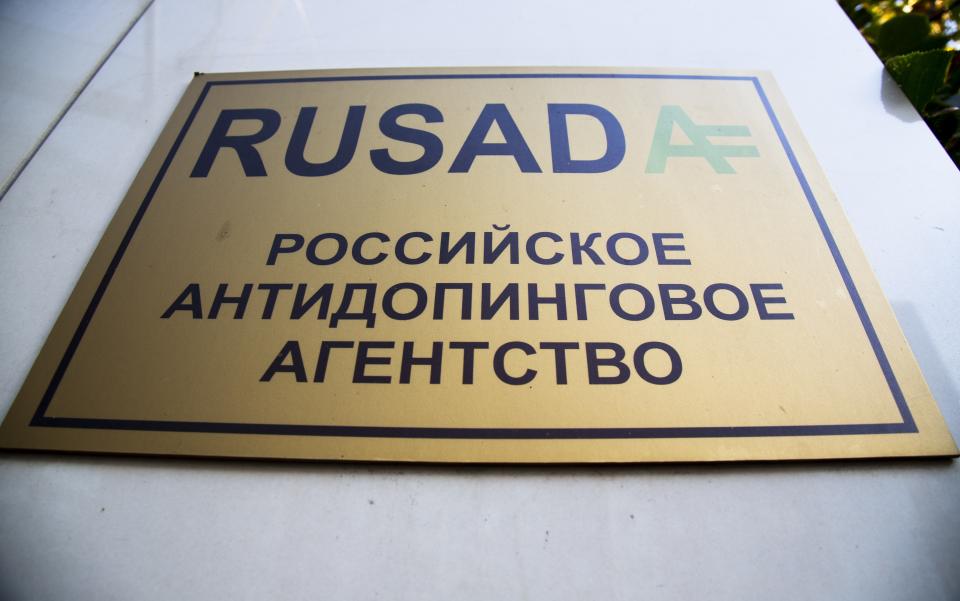Microsoft says Russia-linked hackers launched attacks on several anti-doping agencies

With a World Anti-Doping Agency meeting that could determine its eligibility for the 2020 Olympics on the horizon, it appears Russia has been caught with its hand in the cookie jar. Again.
Microsoft revealed on Monday that it believes a hacking group with past links to the Russian government has launched attacks on 16 sport and anti-doping organizations across three continents, according to Bloomberg.
A majority of the attacks were not successful, but some were, per a report from Microsoft’s Threat Intelligence Center. The accused hackers are reportedly a group called Strontium, aka Fancy Bear/APT28. The same group has been reported to have released a set of emails from the International Olympic Committee and U.S. Olympic Committee as revenge for Russia’s ban from the 2018 Olympics, as well as other political exploits.
A WADA spokesman told Bloomberg that they were aware of Microsoft’s report, but there were “no evidence of any breach of WADA’s systems having occurred.” WADA isn’t the only agency that can be targeted by hackers, though.
The hacks reportedly began on Sept. 16, days before news broke that data provided by RUSADA, Russia’s anti-doping agency, to WADA had been manipulated. RUSADA’s head has since said the country made the changes, not the agency.
Obviously, this is all quite interesting given that Russia is still fighting to avoid yet another ban from the Olympics, and possibly even more events.
Russia faces another Olympics ban
A WADA committee was scheduled to meet on Oct. 23 to determine whether to pursue more serious bans against Russian sports federations, but was delayed when investigators requested more time to examine lab data.
The decision reportedly hinged on whether Russian authorities could explain the manipulated data to WADA, which could be a difficult task given what the RUSADA head has said.
If the WADA committee designates Russia as non-compliant, a case would be brought before the Court of Arbitration for Sport. If Russia were to lose the case, it would trigger an automatic suspension for the country across the sports world. That could risk not only Russia’s Olympic eligibility, but also its ability to qualify for the 2022 World Cup.
Obviously, this all sounds very familiar. A doping program that made a mockery of the 2014 Olympics in Sochi resulted in Russia’s ban from the 2018 Olympics in PyeongChang, though a number of Russian athletes were still allowed to compete. We’ll see if this ends up any different.
More from Yahoo Sports:

 Yahoo Sports
Yahoo Sports 
